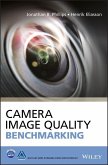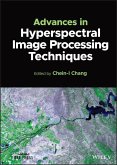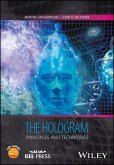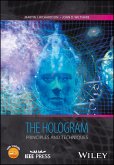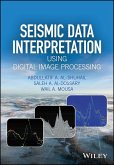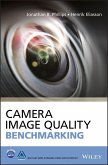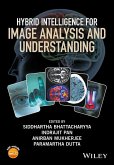The essential guide to the entire process behind performing a complete characterization and benchmarking of cameras through image quality analysis Camera Image Quality Benchmarking contains the basic information and approaches for the use of subjectively correlated image quality metrics and outlines a framework for camera benchmarking. The authors show how to quantitatively compare image quality of cameras used for consumer photography. This book helps to fill a void in the literature by detailing the types of objective and subjective metrics that are fundamental to benchmarking still and video imaging devices. Specifically, the book provides an explanation of individual image quality attributes and how they manifest themselves to camera components and explores the key photographic still and video image quality metrics. The text also includes illustrative examples of benchmarking methods so that the practitioner can design a methodology appropriate to the photographic usage in consideration. The authors outline the various techniques used to correlate the measurement results from the objective methods with subjective results. The text also contains a detailed description on how to set up an image quality characterization lab, with examples where the methodological benchmarking approach described has been implemented successfully. This vital resource: * Explains in detail the entire process behind performing a complete characterization and benchmarking of cameras through image quality analysis * Provides best practice measurement protocols and methodologies, so readers can develop and define their own camera benchmarking system to industry standards * Includes many photographic images and diagrammatical illustrations to clearly convey image quality concepts * Champions benchmarking approaches that value the importance of perceptually correlated image quality metrics Written for image scientists, engineers, or managers involved in image quality and evaluating camera performance, Camera Image Quality Benchmarking combines knowledge from many different engineering fields, correlating objective (perception-independent) image quality with subjective (perception-dependent) image quality metrics.
Dieser Download kann aus rechtlichen Gründen nur mit Rechnungsadresse in A, B, BG, CY, CZ, D, DK, EW, E, FIN, F, GR, HR, H, IRL, I, LT, L, LR, M, NL, PL, P, R, S, SLO, SK ausgeliefert werden.



